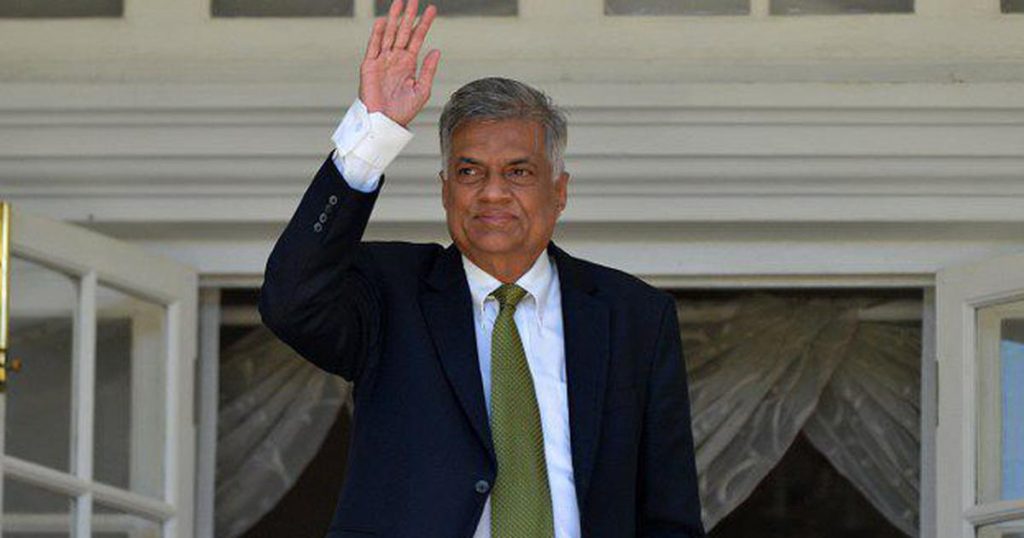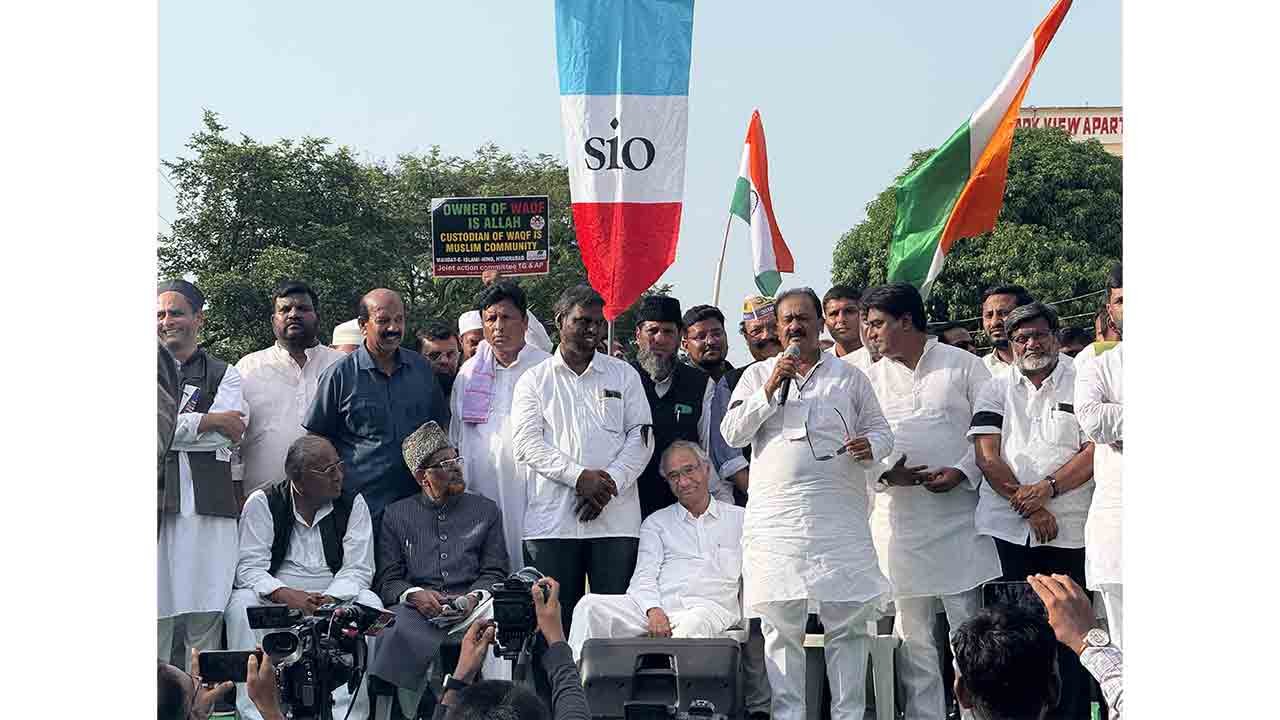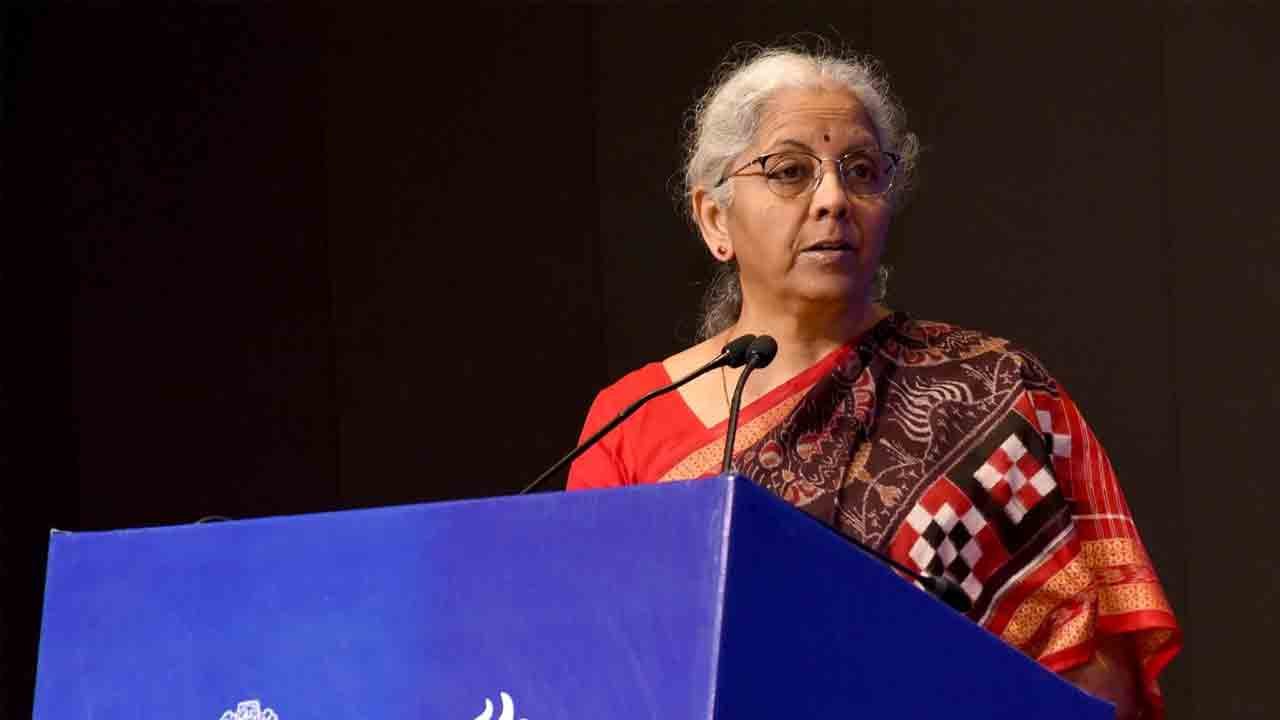Ranil Wickremesinghe elected as the new Sri Lanka President
Following a high-tension political drama in which his predecessor Gotabaya Rajapaksa fled the country and resigned following a popular uprising against his government for mismanaging the economy, acting President Ranil Wickremesinghe was elected as Sri Lanka’s new President by Parliament on Wednesday.
The 225-member House gave 134 votes to the 73-year-old six-time prime minister, while Dullas Alahapperuma, the leader of the opposition governing party, received 82. Anura Kumara Dissanayake, the head of the left-leaning Janatha Vimukthi Peramuna (JVP), received just three votes.
The next President will be sworn in with the authority to complete Rajapaksa’s remaining term, which expires in November 2024. Prior to that, the voting by secret ballot was conducted in an environment of high security due to simmering unrest on the island nation brought on by the extraordinary economic and political crises. 223 parliamentarians participated in the key vote, while two MPs abstained. While 219 votes were deemed legitimate, four were disallowed.
After his predecessor resigned, Wickremesinghe—a six-time former prime minister—became acting president. Despite being supported by Rajapaksa’s party, he has little favour with the demonstrators.

Although Wickremesinghe hasn’t revealed his plans, allies have told local media that a number of members from other parties have agreed to support him in parliament so that he can create an all-party government. As inflation is predicted to reach the 70% mark, the president must secure the availability of food, fuel, and medical supplies.
According to Bloomberg, the economy likely contracted sharply in the second quarter after shrinking in Q1. Power outages, fuel shortages and clearance delays of imported intermediate goods likely hit industrial production and business activity hard. These disruptions are set to persist into the third quarter.
With their bargaining power capped by the high unemployment rate, workers are likely to see their purchasing power eroded by soaring prices, which does not bode well for domestic demand.
Bloomberg claims that after contracting in Q1, the economy probably shrank even more in Q2. Industrial production and commercial activity are anticipated to be negatively impacted by power outages, fuel shortages, and delays in the clearance of imported intermediate items. These hiccups are anticipated to continue throughout the third quarter.
Workers’ purchasing power will likely be reduced by rising prices because their ability to bargain is limited by the high unemployment rate, which is not good for domestic demand.
The economic crisis in Sri Lanka has heightened tensions with China, its largest investor. In the years to come, ties would probably deteriorate as a result of the president’s departure who was pro-China. This gives India the opportunity to improve connections with its neighbour through trade, tourism, and investment.
For the first time in 44 years, Sri Lanka’s Parliament chose a president directly. They were elected by the general public in the presidential elections of 1982, 1988, 1994, 1999, 2005, 2010, 2015, and 2019.
Only once before, in 1993, when president Ranasinghe Premadasa was assassinated, did the office of the presidency become vacant mid-term. The Parliament unanimously chose DB Wijetunga to complete Premadasa’s term.
Next Story :
Now you can get latest stories from Indtoday on Telegram everyday. Click the link to subscribe. Click to follow Indtoday Facebook page and Twitter and on Instagram. For all the latest Hyderabad News updates






